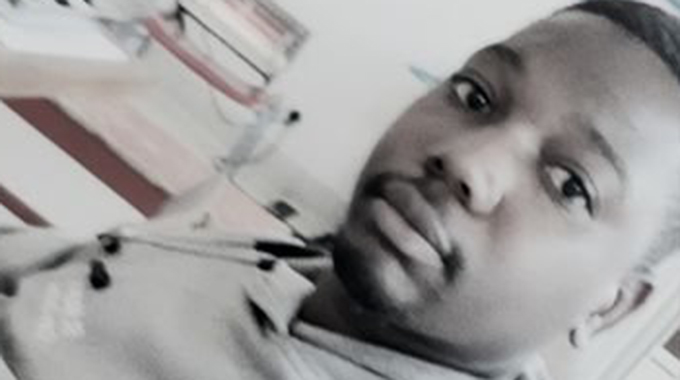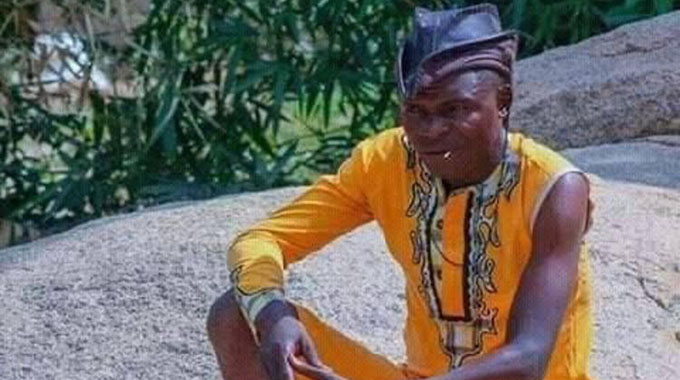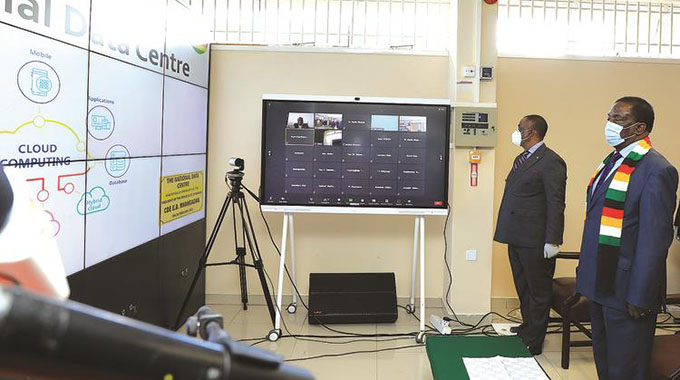Why it is vital to vaccinate: Doctors

Roselyne Sachit
Features, Health and Society Editor
Covid-19 vaccinations of frontline workers began in Zimbabwe recently with doctors, nurses, journalists among others taking their first jabs.
Many who got vaccinated have been receiving inquiries from relatives, friends and workmates on whether they are ok.
All these questions and fears have come as a result of misinformation around vaccines that has been doing the rounds.
As a journalist, I got vaccinated with the Sinopharm vaccine on Thursday last week and updated my Whatsup status. I put my image taken by a workmate as I was being inoculated alongside my vaccination card.
Within a few minutes, my phone was abuzz with people who wanted to know how I felt, if I was not scared and why I had done it.
Others warned me that bad things, they did not mention, would happen to me. Others said I was brave. I told them vaccination was my choice, voluntary and I chose scientific evidence- based theories ahead of conspiracy theories and myth and misconceptions. If anything, nothing had changed since the day I was vaccinated, but each morning I still get an inquiry. “How are you feeling today, are you ok? Is your body functioning well?”
I tell them I am ok, my body is perfect and they are the ones making me tired of answering to the same questions everyday.
But as I talk to each person, I also share the literature I have on vaccines.
Vaccines, misinformation on social media platforms on the danger that vaccines pose, myths and misconceptions and mistrust have been doing rounds, creating uncertainty among other people.
Citing some conspiracy theories, some people are circulating information on how the Covid-19 vaccines will have long-term side effects, and that those who take them will ultimately die. Some say the vaccines affect fertility, and the list is too long, depressing and exhausting, but all without any scientific proof.
Yet doctors in Zimbabwe, have also voluntarily gone for the jab knowing full well its benefits.
A medical doctor at Inyathi District Hospital and former Zimbabwe Hospital Doctors Association (ZHDA) spokesperson and Vice President (2018), Dr Mxolisi Ngwenya who also took the Sinopharm jab told The Herald that the vaccine has proven to be safe in clinical trials, and its efficacy in other regions is safe.
“Based on the scientific evidence available, I took the vaccine to protect myself and other citizens from COVID. People are free to be sceptical, but my question would be, do they have supporting evidence for whatsoever conspiracies they harbour? I stand on solid scientific evidence that Sinopharm is safe and works. The issue of by what margin is a totally different story,” he said.
Writing on his Twitter page @MNgwenya2 on February 26, Dr Ngwenya also said: “I took the COVID vaccine because I care. I care about my family, my fellow countrymen and my patients. If by any chance I can avoid contracting or spreading COVID, then I will at all costs.”
Epidemiologist and Director of health for Kadoma City, Dr Daniel Chirundu, who received his first jab last week said he did so for a variety of reasons.

Dr Chirundu
“I took the Sinopharm vaccine to protect myself, those I work with and our clients. My vaccination also served as a cue to action among my subordinates and others who are now demanding it.
“It has been three days and I have not experienced any side effects,” he said.
US based Clinical Instructor in Medicine at Harvard Medical School, Dr Tafadzwa Muguwe, said vaccines are needed “to protect ourselves, our communities, and get us back to normal life”.

Dr Tafadzwa Muguwe
“Covid-19 has killed over 2.5 million people worldwide including thousands of fellow Zimbabweans, some of them among our families and friends,” he said.
He added: “The reason people die is because of severe disease that overwhelms their bodies. The really great news is that several vaccines have been shown to prevent severe disease in virtually all recipients, which basically means that almost no one exposed to the virus after vaccination will die from it.
Dr Muguwe also said the scale of the pandemic made it necessary to develop vaccines as quickly as possible.
“Fortunately a combination of past experiences, scientific innovation, and impressive collaboration among governments and the scientific community has led to the rapid development and validation of several vaccines,” he explained.
According to Dr Muguwe, the rapid development of vaccines is a cause for celebration and not scepticism.
“The key point is that we have seen validation of these vaccines in clinical trials and we are also starting to see significant positive impact in populations that have started administering the vaccine at scale, such as Israel. It’s our turn to embrace the innovation and enjoy the benefit of protection,” he said.








Comments